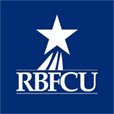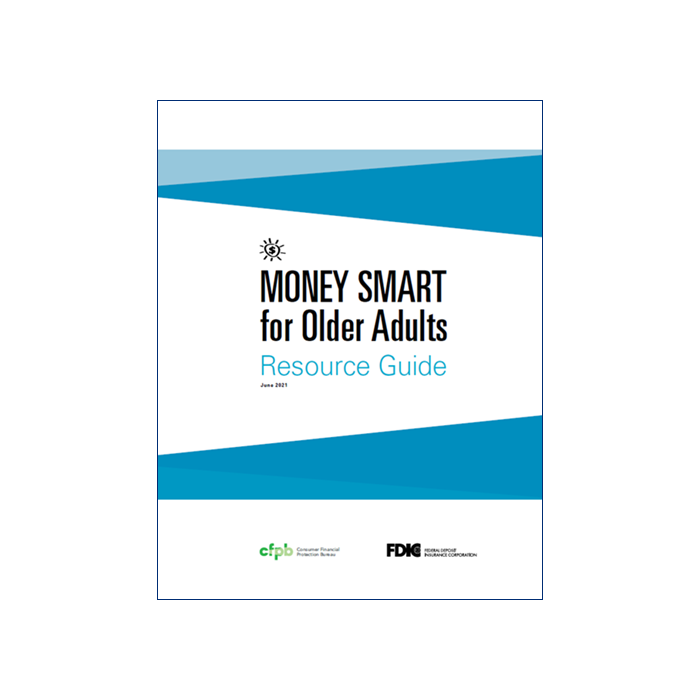Elder Financial Exploitation: How to Identify the Signs
The financial exploitation of elders is a devastating crime. Older adults and their life savings can be targeted “by a broad range of perpetrators, including persons they know and trust, as well as strangers,” according to the “Money Smart for Older Adults Resource Guide.”1
In 2023, a report by the AARP found that older Americans lose an estimated $28.3 billion a year through financial exploitation. More than 62,000 reports of elder financial exploitation were filed by financial institutions with the Consumer Financial Protection Bureau in 2020.

However, it’s difficult to obtain a firm figure reflecting the losses because, as the National Adult Protective Services Association reports, only one in 44 cases of financial abuse is ever reported, and 90 percent of abusers are family members or trusted others.
Here are tips provided by the AARP on how to spot the signs of possible elder financial exploitation:
An elder shows a lack of knowledge about major financial issues
When an older person who’s previously been engaged with their finances starts to display a significant lack of recall, this should be an immediate red flag. The finances of the retiree should be immediately examined and more closely monitored on an ongoing basis to safeguard the person’s assets.
Physical frailty becomes an issue
Because older adults eventually won’t be physically able to handle chores around the house, more service providers (home repair or maintenance, etc.) are invited into the lives of the elder. Massive home repair bills or monthly charges for nonexistent maintenance can result. Close friends or relatives should be present to assist the older family member during a contract signing for home repair or improvements.
Isolation and loneliness
When an older adult is alone, strangers — or a family member acting without the knowledge of the rest of the family — can step in and develop a relationship with an elder for their own financial gain. An older person who feels lonely is vulnerable. Well-intentioned relatives or friends should check in regularly. Pay attention to new friendships or relationships the older person makes.
Questionable behavior of relatives or caregivers
It’s great to have a relative stay or live with an older family member in need, but live-in relationships like this can open the door to financial transfers or withdrawals that the elder may not have authorized. If that live-in family member or caregiver begins to have new possessions (clothes, car or lifestyle changes), it’s time to speak up and find out what may be going on.
In the case of suspected elder financial abuse, the perpetrator should be confronted and the proper authorities should be notified. The “Money Smart for Older Adults Resource Guide” lists steps that should be taken if you or someone you know becomes a victim of financial exploitation or another form of elder abuse.
RBFCU offers a Fraud/Elder Care Team that can assist if there is a chance that cases of financial exploitation have extended into the older family member’s accounts. Inquiries for the RBFCU Fraud/Elder Care Team can be made by calling 210-945-3300 or email to fraud@rbfcu.org.
RBFCU also conducts regular seminars on elder abuse or other fraud issues. To see when the next seminar will be conducted, visit the RBFCU website.




